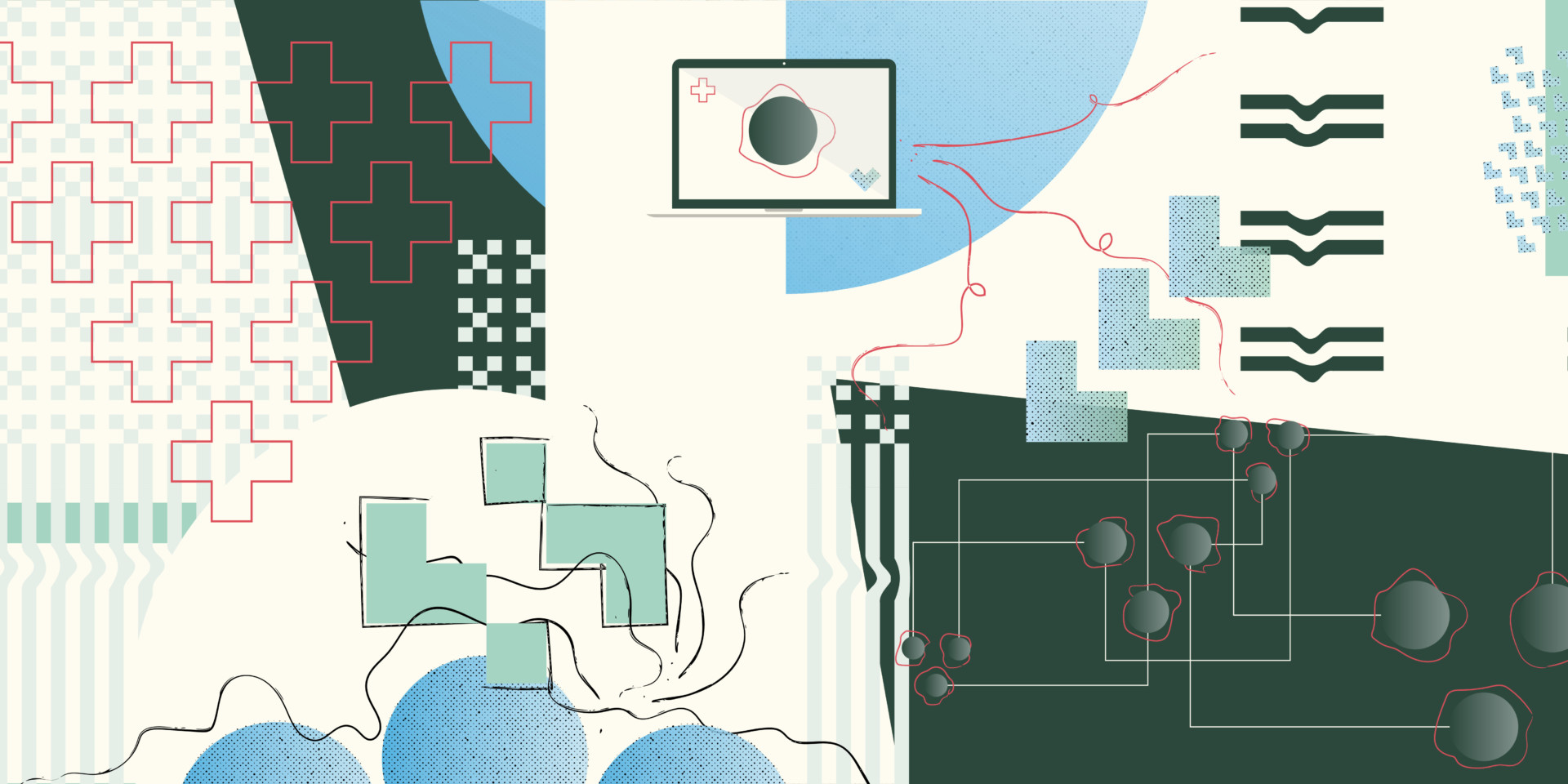We now live in a world where nearly everything is customizable—which makes the user experience more important than ever in gaining (and keeping) the attention of consumers.
So why should learning and training be any different? The learner experience is evolving and adaptive learning may be at the forefront of that change.
For those of you who are wondering, “what is adaptive learning, anyway?”, turn your attention to platforms like Amazon—who use adaptive learning principles to give those great “Recommendations for You.” It’s all based on customer action and platform reaction—the customer searches for an item or buys a product and Amazon continually updates its recommendations based on this activity.
The same principle can be applied to adaptive learning platforms in education or training.
Basically, a learner is taught through a digital tool that uses each response the learner gives to shape the content. If a learner gets a question wrong, the platform may spend more time on that subject, progressively increasing in difficulty as the learner improves. At the same time, the platform doesn’t waste time lingering on content that the learner has already mastered.
Why Adaptive Learning Is Popular with Learners
As you consider your next educational or training initiative, ask yourself where previous efforts have encountered difficulties in engagement and educational outcomes. Take a look at why adaptive learning platforms can solve many of these common problems.
1. Learners only engage with what they don’t already know.
That means no wasted time and no boring parts. This translates into engagement, whereas having to march through a lot of stuff you already know lowers attention to and retention of truly new material—and it can breed resentment of the educational tool.
2. Learners are less frustrated.
When content is difficult for the learner, an adaptive system can present it to them in different ways, seeking out what kind of learner they are. Instead of sending them back to the same content presentation and asking them to “try again,” it invites them to “try it this way instead.”
3. A multimedia approach engages all learning styles.
In an adaptive system, the same content can be available as text and diagrams, a video, an interactive learning game, and more. If a learner grasps the material quickly, they might only engage one of those formats before the adaptive system moves them on to new material. Others might need two or three different approaches to content before they can demonstrate mastery. The adaptive system can pay attention to which format seems to work best for them and start serving up that format first. In short, an adaptive system helps every learner experience success by playing to their strengths.
4. The education is more meaningful.
When your instructor is not wasting your time, you are not being frustrated, and you are experiencing success, you feel respected, and you invest more deeply. This fosters a sense of ownership in your own education, which leads to a more effective outcome.
5. The education is more fun—and potentially competitive.
When a learning platform responds to your level of performance, it encourages you to rise to the challenge. You’re not just completing something; you’re competing against it. And because digital learning platforms can record learner data, it’s also possible to have students compete against each other, rewarding mastery and encouraging timely engagement with the educational program. This can be particularly useful for groups that are naturally competitive, such as a sales force.
What’s the point?
Adaptive learning is an evolution of digital learning, and it provides great opportunities in the right situations. Depending on the scope, complexity, goals, and context of an educational program, it can meaningfully affect engagement and outcomes. The content, structure, and presentation of your learning material will continue to be the most important factors, but adaptivity is a tool that can make all of them work harder and more efficiently.
Adaptive learning can be used for more than just school.
We can apply adaptive platforms to your next training experience.
Connect with us!→